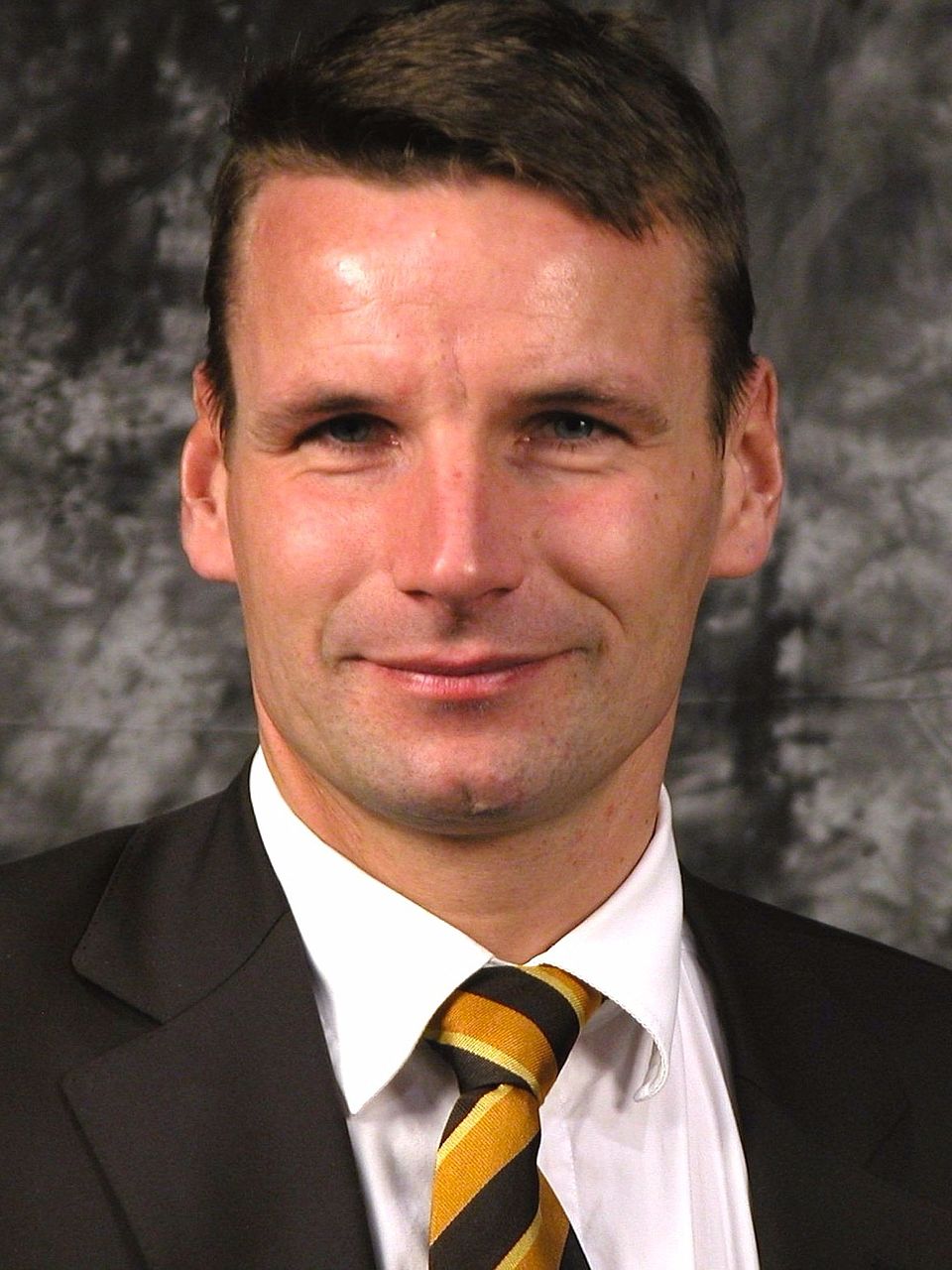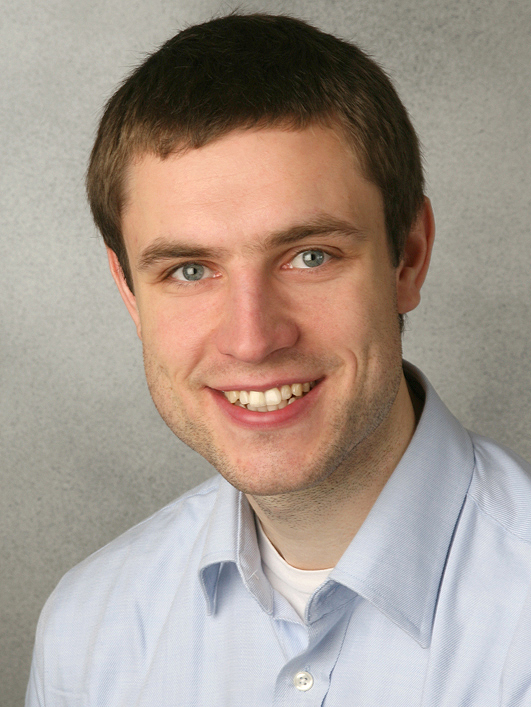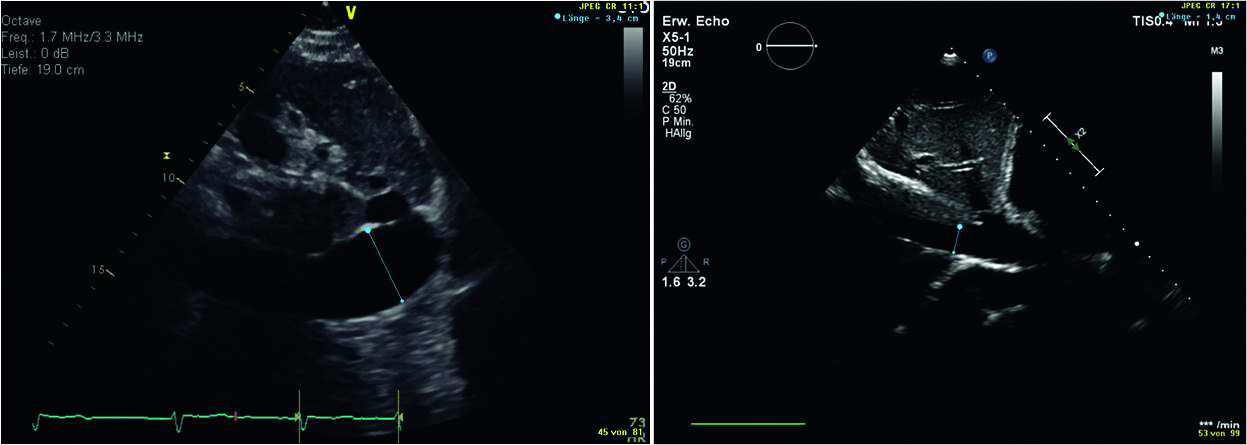In heart failure, the filling pressure in the heart is elevated, since the normal filling pressure is no longer enough to supply the body with enough blood and oxygen at all times. As a result, the pressure in the vessels leading to the heart, such as the inferior vena cava, also increases. The vena cava is one of the largest veins and it carries deoxygenated blood from the abdomen, legs and pelvis back to the heart. In ADHF, its diameter increases due to the elevated pressure. Moreover, fluid increasingly finds its way into the surrounding tissue (i.e. oedema).
“An infection, cardiac arrhythmias, excessive fluid intake, or poor adherence to medical treatment can all be triggers of the sudden development of a previously undetected or chronic heart failure into an acute decompensated heart failure”, explains Dr. Alexander Jobs of the Universitäres Herzzentrum Lübeck. “Patients suffer from dyspnoea even when resting, have increased fluid retention in their legs, are exhausted more quickly, and are often taken to the emergency department.” Doctors use loop diuretics, which remove excess fluid from the body and, among other things, relieve the cardiovascular system by reducing the filling pressure. However, there are no exact parameters on which they can determine when the treatment has been successfully completed. To date, clinical signs are used for this purpose; for instance, whether the patient lost weight, his oedema could be reduced, or dyspnoea improved. “However, these signs are not specific for heart failure”, says Prof. Holger Thiele, the head of the pilot study.
The new clinical trial wants to close this gap. Physicians assess the patient’s inferior vena cava diameter by means of an ultrasound evaluation before and during treatment. They want to test whether the diameter of the vein decreases with therapy and is a suitable parameter to assess whether the treatment is sufficient; or whether it would be better to treat the patient for a couple more days or to increase the loop diuretic dose. If this assumption is verified, further clinical trials must prove that the ultrasound evaluation can lead to a more targeted treatment and thus also to a more favourable course of the disease in ADHF. ADHF is the most common cause for hospital treatment for patients over the age of 65 in Germany. Within six months, approximately half of patients return to hospital and the repeated hospitalisations worsen their prognosis. In total, eight institutions at six DZHK sites are participating in the pilot study.
Study: Ultrasound evaluation of the inferior vena cava in addition to clinical assessment to guide decongestion in acute decompensated heart failure: a pilot study CAVA-ADHF-DZHK10
Principle investigators: Prof. Dr. med. Holger Thiele, Dr. med. Alexander Jobs, Prof. Dr. med. Steffen Desch (Universitäres Herzzentrum Lübeck, University Medical Center Schleswig-Holstein (UKSH), Lübeck Campus, II. Department of Medicine)
Contact:
Christine Vollgraf, Public Relations Officer, German Centre for Cardiovascular Research (DZHK), phone: +49 30 3465 529 02, presse(at)dzhk.de



